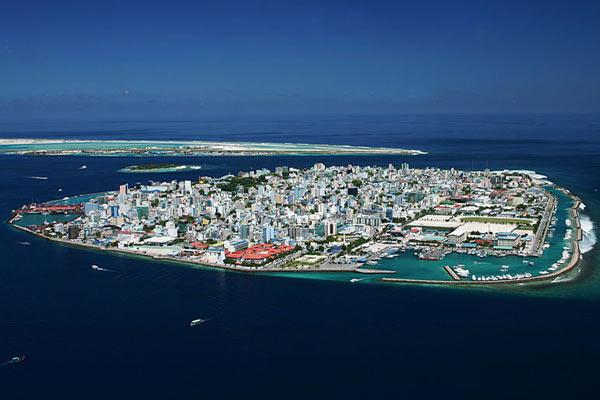NEW DELHI—Maldives’ new finance minister said on Nov. 26 that China is executing infrastructure projects at vastly higher prices than originally proposed but the island nation cannot get out of its commitments now.
President Ibrahim Mohamed Solih’s administration, which took office this month, is reviewing contracts awarded by his predecessor Abdulla Yameen. Most went to Chinese firms and are feared to have left the country in debt.





